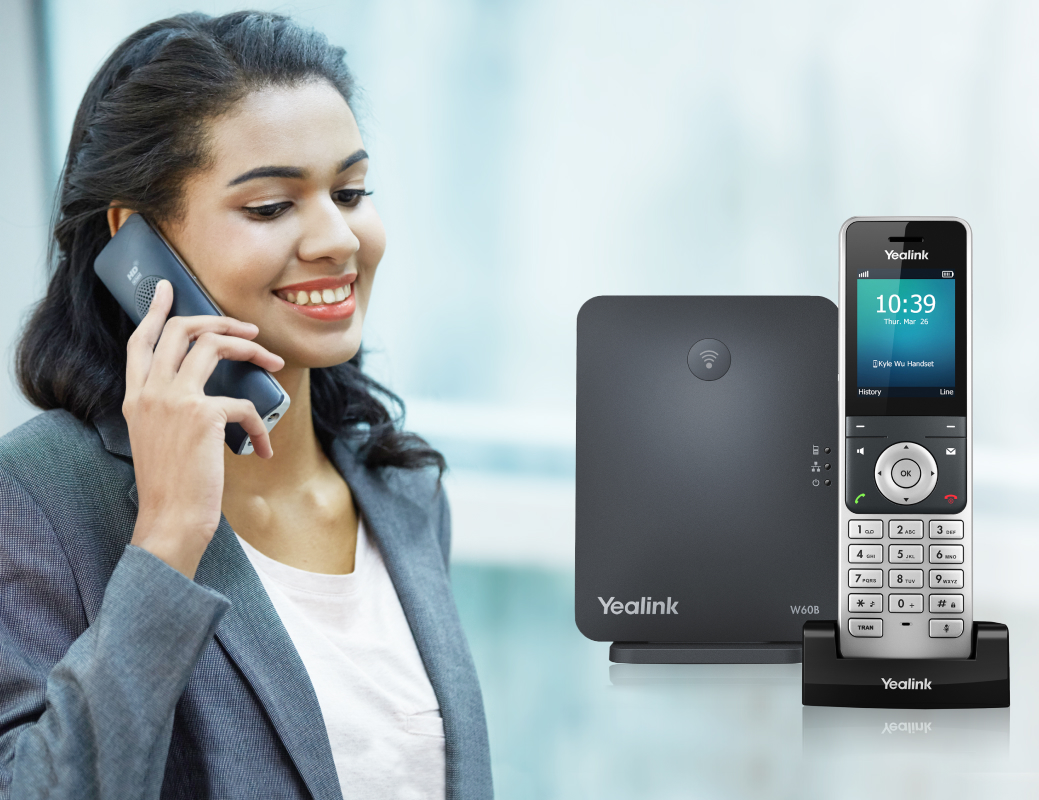Introduction
In the ever-evolving world of communication technology, Voice over Internet Protocol (VoIP) has emerged as a game-changer. Businesses and individuals alike are increasingly relying on VoIP phone systems to streamline their communication, reduce costs, and enhance flexibility. However, with numerous providers in the market, choosing a reliable VoIP provider is crucial for ensuring uninterrupted service and optimal performance. This article delves into The Importance of Choosing a Reliable VoIP Provider, exploring its significance in detail to help you make an informed decision.
The Importance of Choosing a Reliable VoIP Provider
When it comes to selecting a VoIP phone system, the reliability of your service provider can significantly impact your overall experience. A dependable provider ensures that you have clear voice quality, minimal downtime, and excellent customer support. After all, no one wants to miss an important call or deal due to technical glitches or poor service.
Understanding VoIP Technology
Before we dive deeper into why you need a reliable provider, it's essential to understand what VoIP technology entails.
What is VoIP?
Voice over Internet Protocol (VoIP) converts voice signals into digital data packets and transmits them over the internet. Unlike traditional phone systems that rely on circuit-switched networks, VoIP utilizes packet-switched technology, allowing for more efficient use of bandwidth.
How Does It Work?
VoIP works through various components:
Hardware: This includes IP phones or adapters that connect traditional phones to the internet. Software: VoIP applications facilitate calls over the internet using computers or smartphones. Internet Connection: A stable and high-speed internet connection is critical for optimal performance.Benefits of Using VoIP Phone Systems
- Cost-Effective: Reduced calling costs compared to traditional phone services. Scalability: Easily add or remove lines without significant infrastructure changes. Advanced Features: Access features such as voicemail-to-email, call forwarding, and conferencing.
Choosing the Right VoIP Provider: Essential Factors
Selecting a reliable VoIP provider involves examining several key factors that can affect your communication experience.
1. Service Reliability
Network Uptime
A reliable provider guarantees high network uptime—ideally 99.9% or higher. Downtime can severely disrupt your business operations.
Backup Services
Check if the provider has backup servers and redundancy measures in place to ensure continuous service even during outages.

2. Voice Quality
Call Clarity
Poor voice quality can lead to misunderstandings and frustration during calls. Look for providers that utilize high-definition (HD) voice technology for clearer conversations.

Latency and Jitter
Low latency (the delay before data starts being transferred) and minimal jitter (variability in packet arrival time) are vital for maintaining call quality.
3. Customer Support
Availability
Choose a provider that offers 24/7 customer support through multiple channels—phone, email, live chat—to resolve issues promptly.
Technical Expertise
A knowledgeable support team can help troubleshoot problems quickly and efficiently, minimizing disruptions.
Evaluating Pricing Models of VoIP Providers
When assessing different providers, understanding their pricing structures is essential for budget management.
1. Monthly Subscription Fees
Most providers offer subscription-based pricing models with varying tiers based on features offered. Compare these plans according to your specific needs.
2. Additional Costs
Be aware of potential additional costs such as installation fees, equipment charges, or extra features not included in basic plans.
3. Long-Term Contracts vs. Month-to-Month Plans
Consider whether you prefer long-term contracts with lower monthly rates or more flexible month-to-month options that allow you to change providers easily if needed.
Key Features to Look for in a Reliable VoIP Provider
Your chosen VoIP phone system should come equipped with essential features that enhance usability and functionality.
1. Caller ID Functionality
Having caller ID helps identify incoming calls quickly—an important feature for businesses receiving numerous client calls daily.
2. Call Forwarding Options
Seamlessly redirect calls to other numbers or devices when you're unavailable to answer—keeping communication flowing regardless of location.

3. Conference Calling
Look for providers offering easy-to-use conference https://adventurous-location.uncrn.co/blog/how-voip-technology-is-transforming-home-communication-systems/ calling capabilities—vital for collaboration among remote teams or clients across different locations.
Understanding Security Features in VoIP Systems
As cyber threats continue evolving, ensuring secure communication channels is paramount when choosing a reliable provider.
1 Encryption Protocols
Reliable providers implement advanced encryption technologies like TLS/SRTP (Transport Layer Security/ Secure Real-Time Transport Protocol) to protect sensitive information during transmission.
2 Firewall Protection
Ensure your provider offers robust firewall solutions designed specifically for VoIP traffic—helping prevent unauthorized access from malicious entities.
FAQs About Choosing a Reliable VoIP Provider
1. What Should I Look For When Choosing a VoIP Provider?
Look for reliability in service uptime, good voice quality, responsive customer support, transparent pricing models with no hidden fees—and essential features tailored towards your needs.
2. How Can I Test the Quality of Calls Before Committing?
Many providers offer free trials allowing you to test their services firsthand—evaluate call clarity during peak hours as well as regular times.
3: Is There Any Equipment Required For Using A VoIP System?
Yes! Depending on the setup you choose; you might need IP phones or an ATA (Analog Telephone Adapter). Some users also utilize softphones on their computers/smartphones without additional hardware.
4: Can I Keep My Existing Phone Number When Switching To A New Provider?
Most reputable providers offer number porting services allowing you to retain existing phone numbers while transitioning between systems seamlessly.
5: Are There Any Limitations On International Calls With A VoIP Phone System?
While international calling rates may vary by provider; many offer competitive rates compared typical landlines making global communications more affordable than ever!
6: What Happens If My Internet Goes Down?
In cases where internet connectivity fails; most reliable vendors provide options like failover routing—to either redirect calls automatically through cellular networks until service resumes.
Conclusion
Choosing a reliable VoIP provider is not just about finding the cheapest option; it's about securing quality communication channels that will sustain your business operations effectively over time—increasing productivity while reducing costs along the way! With numerous features available today—from call forwarding options through video conferencing capabilities—the right choice ultimately hinges upon understanding what each vendor brings forth regarding reliability & security measures coupled alongside technological advancements offered within their packages tailored towards YOUR specific requirements!
By investing time upfront researching potential candidates based upon outlined criteria throughout this guide—you'll undoubtedly make an informed decision leading towards successful long-term partnerships bringing value-added benefits down line ensuring seamless connectivity regardless circumstances arise!